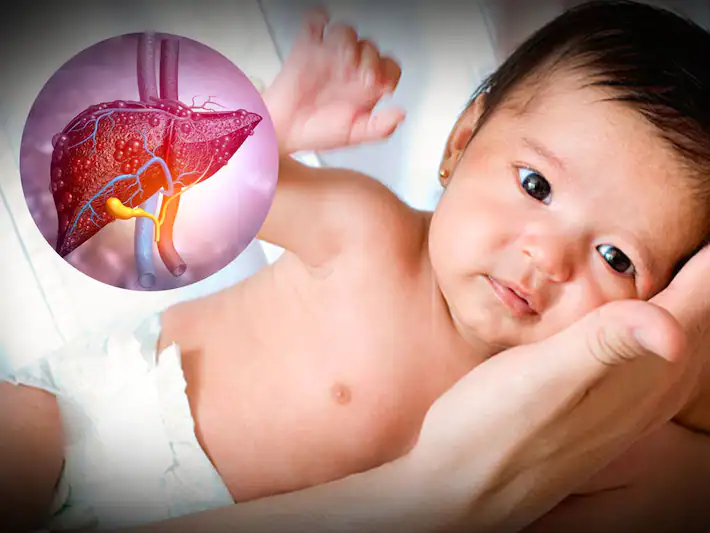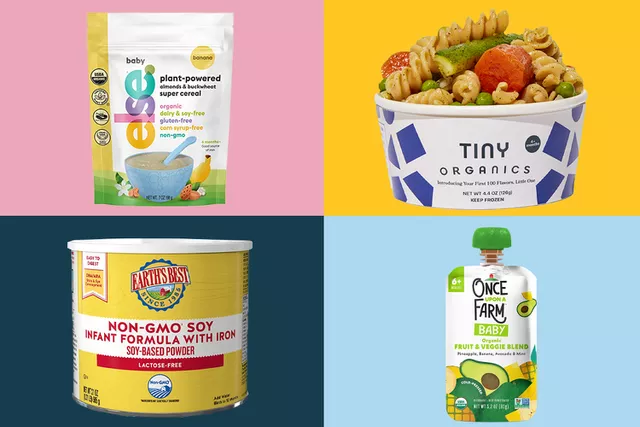On April 21st, 2022, the CDC released a health advisory regarding a recent outbreak of acute hepatitis in pediatric patients in Alabama. Hepatitis, a term referring to inflammation of the liver, can occur in otherwise healthy children after developing a viral infection, especially by one of the hepatitis viruses (A, B, C, D, or E). However, the outbreak reported by the CDC this month has proven to cause more severe symptoms than typical cases of pediatric hepatitis. A pediatric hospital in Alabama reported 9 cases, all patients between 1 and 6 years of age, who had been admitted with severe acute hepatitis between October 2021 and February 2022. Of these 9 patients, 3 ultimately suffered from liver failure with 2 requiring liver transplants. In addition to these CDC reports in the United States, the WHO (World Health Organization) has also reported a recent spike in cases of severe acute pediatric hepatitis internationally. As of April 21st, there are 169 global cases of severe, acute pediatric hepatitis, 114 of which are in the United Kingdom alone according to Reuters International News.
Of the 9 American patients mentioned above, all tested negative for both SARS-CoV-2 (the virus responsible for causing COVID-19) as well as the usual hepatitis viruses. However, all 9 of these patients did test positive for a different family of viruses known as adenoviruses, a virus that usually causes common cold symptoms in children. Of these 9 patients who tested positive for adenovirus, 5 were determined to have a specific strain of adenovirus, adenovirus 41. Unlike the rest of the adenovirus family, adenovirus 41 typically causes gastroenteritis, what many people commonly refer to as a “stomach bug”. This can lead to symptoms such as vomiting, nausea, abdominal pain, and diarrhea. Though there is no official cause for this hepatitis outbreak according to reports by the WHO and CDC, there are a significant number of patients who have tested positive for adenovirus, SARS-CoV-2, or both. Both the CDC and WHO have released health advisories regarding this outbreak and are actively investigating a definitive cause for this illness.
Symptoms
As mentioned above, mild acute hepatitis is a common occurrence in children, especially during or shortly after viral infections. Children with mild hepatitis normally have the following symptoms:
- Fever
- Fatigue
- Abdominal pain
- Nausea and/or vomiting
- Diarrhea
- Loss of appetite
- Elevated liver enzymes (indicated via laboratory testing)
Severe forms of hepatitis, however, can cause more significant symptoms, including:
- Yellowing of skin or eyes (also known as jaundice)
- Dark colored urine
- Pale or “clay colored” stool
- Easy bruising or bleeding
Treatment
Treatment for hepatitis varies widely, depending upon the underlying cause of the liver inflammation. In the case of children, treatment normally revolves around supportive care including IV fluids in the case of dehydration, medications to manage pain, vomiting, or diarrhea, and rest, in order to ward off the virus causing the infection. Rarer forms of hepatitis, such as hepatitis B, C, or autoimmune hepatitis, require specific regimens of medication or lifestyle changes in order to reverse or manage the disease.
GI For Kids has a multidisciplinary team available to help manage pediatric hepatitis, including our own liver clinic with Dr. Devoid, one of our four board-certified pediatric gastroenterologists. We offer an array of liver related laboratory and radiological testing that can aid in diagnosing the cause and severity of hepatitis in children, as well as an infusion room available to provide patients with IV hydration if necessary. Most importantly, we have a knowledgeable staff including physicians, mid-level providers, nurses, and dieticians that are comfortable answering all questions related to this disease and are fully capable of managing your child’s care. We are following the progression of this outbreak closely and are staying up to date on the best treatment options available as the situation develops. If you have any concerns related to this outbreak of pediatric hepatitis, or questions regarding pediatric hepatitis in general, call our office or schedule a visit for more information.
Written by:
PJ Patterson, clinical research coordinator
Dr. Youhanna Al-Tawil, MD, medical director






















